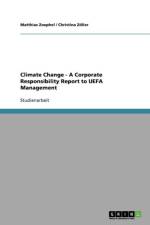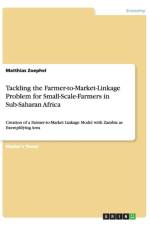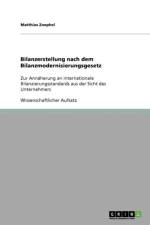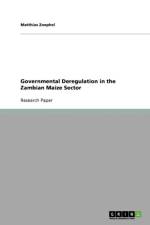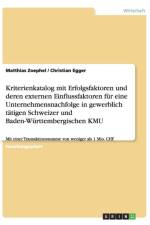- Zur Annaherung an internationale Bilanzierungsstandards aus der Sicht des Unternehmers
von Matthias Zoephel
18,95 €
Wissenschaftlicher Aufsatz aus dem Jahr 2011 im Fachbereich BWL - Rechnungswesen, Bilanzierung, Steuern, Note: 2,3, Universität Hamburg, Veranstaltung: MSc Entrepreneurship, Sprache: Deutsch, Abstract: ¿Jeder Kaufmann ist verpflichtet, Bücher zu führen und in diesen seine Handelsgeschäfte und die Lage seines Vermögens¿ersichtlich zu machen (§ 238 (1) HGB) ¿Er hat ¿für den Schluss eines jeden Geschäftsjahres ein Inventar aufzustellen (§ 240 (2) HGB).¿ So will es das Handelsgesetz. ¿Bei Gewerbetreibenden, die aufgrund gesetzlicher Vorschriften verpflichtet sind ¿ nämlich bereits durch das Handelsgesetz ¿ Bücher zu führen und regelmäßig Abschlüsse zu machen (§ 5 (1) EStG, oder die ohne eine solche Verpflichtung Bücher führen und regelmäßig Abschlüsse machen (§ 4 (1) EStG ¿ nach dem Einkommensteuergesetz -, ist für den Schluss des Wirtschaftsjahres das Betriebsvermögen¿anzusetzen.¿ So will es das Einkommensteuergesetz. Mit dem in 1989 eingeführten Wohnungsbauförderungsgesetz wurde in Gestalt des § 5 (1) Satz 2 EStG direkten Eingriff des Steuerrechts in das Handelgesetz Tür und Tor geöffnet, wo es heißt: ¿Steuerrechtliche Wahl-rechte bei der Gewinnermittlung sind in Übereinstimmung mit der handelsrechtlichen Jahresbilanz auszuüben.¿ Die Umkehrung der Maßgeblichkeit war geboren, die einzig das Ziel hatte, temporär Steuervergünstigungen zum Zwecke einer Minderung der Steuerschuld für einen bestimmten Personenkreis aus subventionellen Gründen zu erreichen und hatte gewollt die Absicht, dass der darauf resultierende Bilanzausweis eben nicht die tatsächlichen wirtschaftlichen Verhältnissen widerspiegelt. Das Steuerrecht zwang die Handelbilanz an bestimmten Stellen in ein steuerliches Korsett. Durchbrochen wurde der Maßgeblichkeitsgrundsatz also durch das Einkommensteuerrecht selbst und durch die Finanzrechtsprechung, was allerdings auch die Gefahr beinhaltet, dass nicht mehr zu unterscheiden ist, ob das Handelbilanzrecht oder das Steuerbilanzrecht durch eventuell nicht eindeutige BFH-Urteile gepflegt werden soll, denn nur die Pflege des Handelsbilanzrechts darf sich auch auf das Handels-gesetz auswirken. Durch die Abschaffung der Öffnungsklauseln im HGB und der umgekehrten Maßgeblichkeit im EStG wurde die Ausgangsituation eine totale Einheitsbilanz erstellen zu können grundlegend verändert, denn Grundvoraussetzung ist, dass Handelsbilanzrecht und Steuerbilanzrecht identische Regelung enthalten oder zumindest keine sich wesentlich widersprechenden Regelungen, was die Möglichkeit einer Aufstellung einer totalen Einheitsbilanz unter Berücksichtigung des Bilanzmodernisierungsgesetzes nur noch schwieriger, noch begrenzter macht als bisher (Meyndt 2009)

